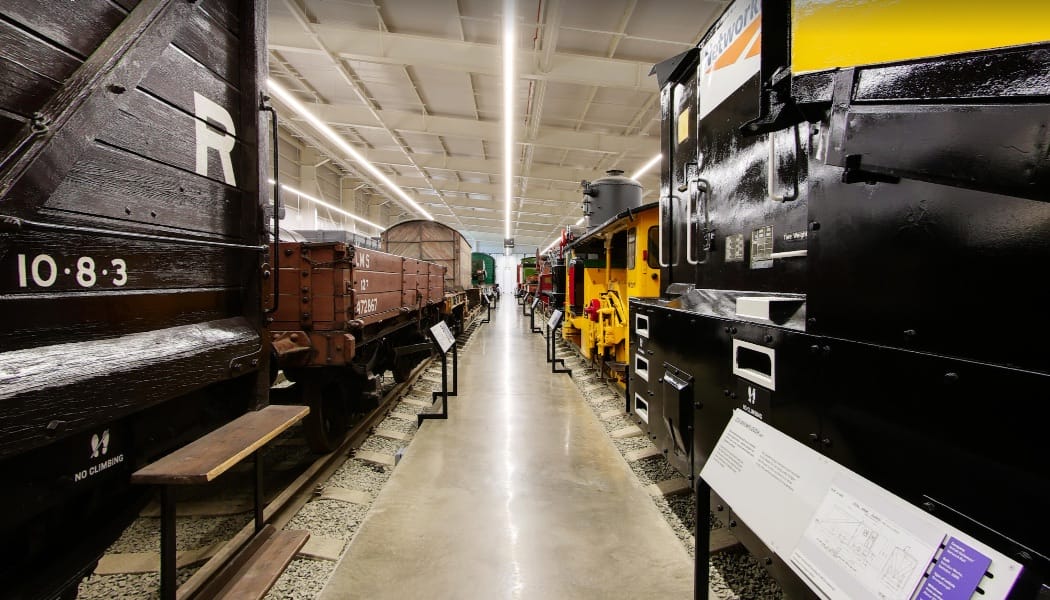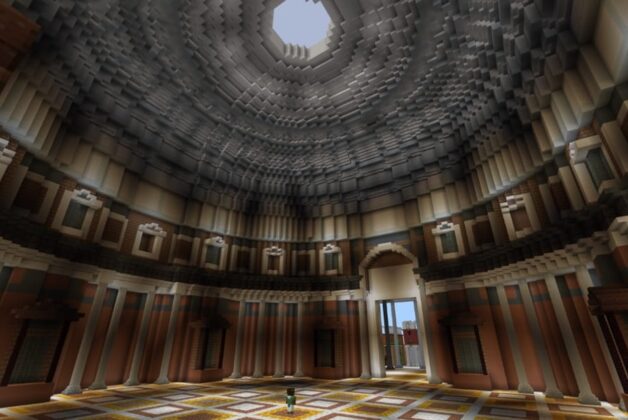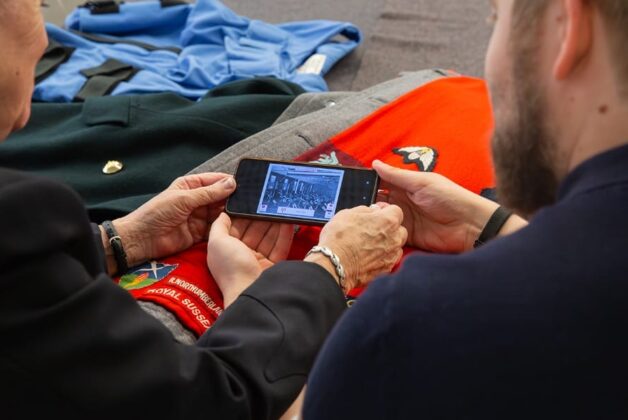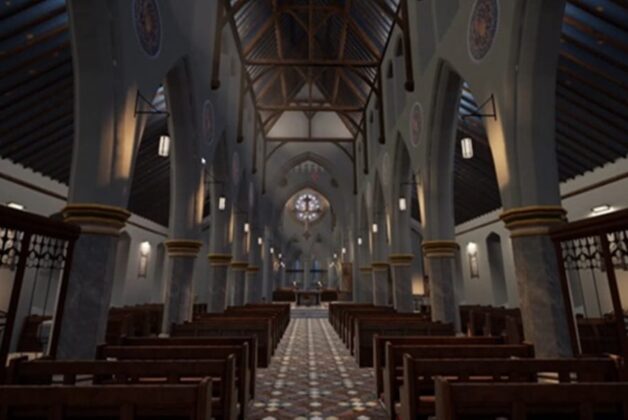Alistair Hardaker
Image: A screenshot from one of the new hall scans at National Railway Museum (Google)
Museum becomes early adopter of Google’s AI-powered Metadata Enhancement Service to make railway collection searchable and accessible online.
The National Railway Museum has digitised nearly 1,000 artefacts from its collection via AI, in collaboration with Google.
The museum is one of the first partners to use the new AI-powered Metadata Enhancement Service from Google Arts & Culture.
The service’s Optical Character Recognition (OCR) capabilities have helped transcribe text from handwritten documents and historic artefacts, making the collection more searchable via text.
The year-long project has digitised artefacts include the Rastrick Notebook, which offers a firsthand account of the 1829 Rainhill Trials, images of ‘Puffing Billy’, the world’s oldest preserved locomotive, and a model carriage crafted from the wood of the sunken paddle steamer PS Princess Alice.
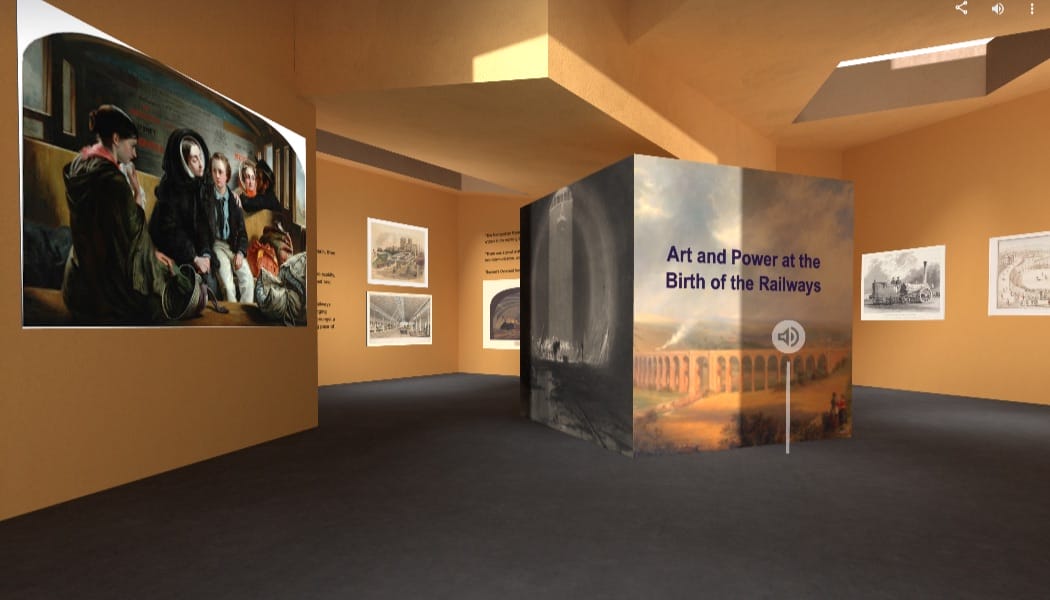
The project, called ‘Beyond the Tracks’, has also created virtual 360-degree tours inside the National Railway Museum’s sister site Locomotion in Shildon, which uses the same technology as Google Maps’ Street View.
Two 3D virtual exhibitions called Pocket Galleries have been developed for online audiences, featuring items from the museum’s art and poster collection not currently on display. The galleries include immersive audio and allow visitors to view how art was inspired by and reflected the railways and early rail travel advertising.
Sir Ian Blatchford, chief executive of the museum’s operator Science Museum Group, said the project “will ignite curiosity in fundamental scientific concepts among learners around the world, unlocking the full potential of railway history.”
The project is the latest step in the Science Museum Group’s long-standing partnership with Google Arts & Culture. Beyond the Tracks is now available on the Google Arts & Culture platform.

